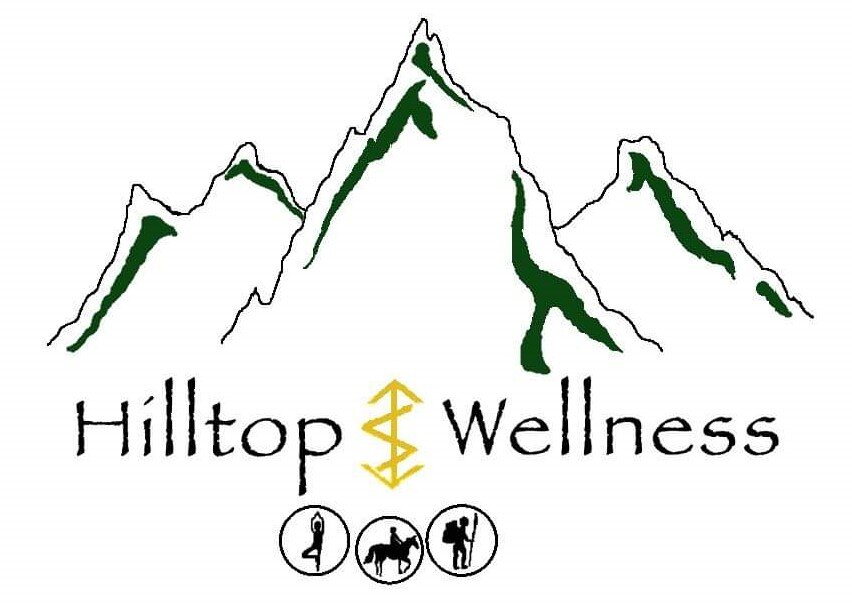Self Empowerment Against Medical Trauma
Medical trauma is defined as a set of psychological and physiological responses to pain, injury, serious illness, medical procedures, and frightening treatment experiences. I have experienced several instances of medical trauma with my earliest experience being at the age of 4. This is a topic which continues to bring up strong emotions for me. In researching and thinking about medical trauma I came across words and ideas about medical heroes and the power we give heroes in society. I have also read multiple articles on doctors’ feelings of being invincible and how they identify their status in society which impacts their client care whether intentional or not. Yet, I found it difficult to find any information on the empowerment of patients.
We have had to continuously give power over our lives, health, and medical decisions to the medical communities and in the process give away our power. I want to focus on how we get our power back and gain control over our own health and medical care. The World Health Organization (WHO) defines empowerment as “a process through which people gain greater control over decisions and actions affecting their health” (WHO, 1998). Here are 6 tips for being empowered over your health care
Information, as the saying goes information is power! Ask the questions about what is in your chart. I recently logged on to my digital health care records and found a diagnosis I was not expecting. Something talked about in passing became part of my permanent record and I did not know for 2 years! The chart is yours and the information is about you so ask to see it and ask what the providers are writing about you. I often have clients ask about their diagnosis, why they have the diagnosis and provide input about whether they agree. I feel strongly their voice has power. They are the only ones in their body and can speak to their experiences.
Health care literacy, The National Library of Medicine defines health care literacy as “the degree to which individuals have the capacity to obtain, process, and understand basic health information and services needed to make appropriate health decisions..” Be literate about your health care needs, the medication you take, the procedures you are recommended, the diagnosis you have and all other aspects of your health care. Look up information from trusted sources on the internet, ask others to look with you and provide support, above all… know the information. This allows you to make informed decision and be more collaborative with your health care providers.

